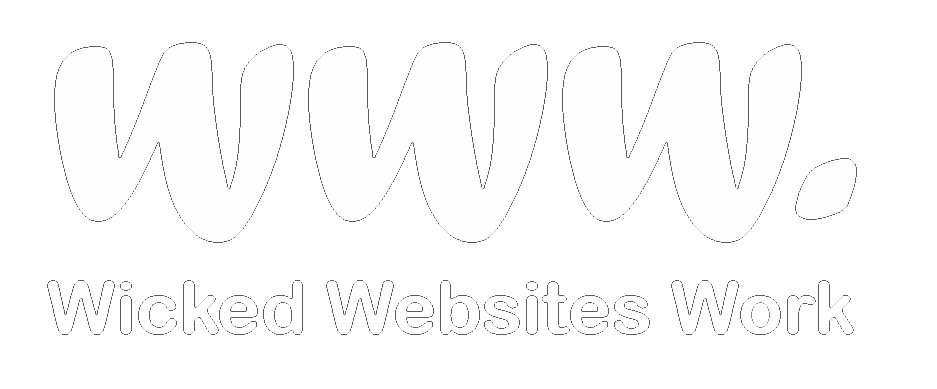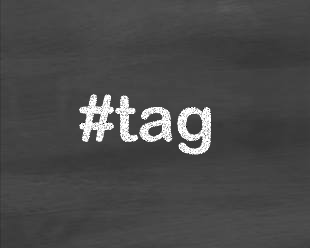Hashtags – those seemingly meaningless symbols with a string of words that appear after many social media posts, for example #websitecontentwriting #letmewriteyourblogsforyou. The question is what do these hashtags mean and when should you use them?
What do hashtags mean?
A great article by http://techforluddites.com explains the origins of the hashtag and how to use it. Fundamentally, the use of hashtags began on Twitter when people wanted/needed to start categorising and classifying social media posts. It literally means # tag. So, the hash is the code to tell social media that a category comes next and the tag is the category that the information is about. The use of it now has extended over many social media platforms.
http://mashable.com succinctly defines it:
“On Twitter, the pound sign (or hash) turns any word or group of words that directly follow it into a searchable link. This allows you to organize content and track discussion topics based on those keywords.”
How to use the hashtag
When you post an article in social media, you can follow the article with #blahblahblah. That makes it linkable and searchable under that category. The same is true of pictures on Instagram etc. If you hashtag the pictures, then they will also show up under those categories.
So, for example, if one was writing a post about website maintenance in Facebook or Twitter, then one would hashtag it with #websitemaintenance. This means that anyone wanting to know about website maintenance could search on #websitemaintenance on a social media platform and the article would show up as being posted in Facebook or Twitter etc.
That’s the principle anyway. However, there are two issues. As a searcher if you put in a hashtag as a search query, what if the best florist hadn’t written an article about how good they are or they didn’t hashtag it with exactly what you were looking for? You would miss them completely. So, with the use of hashtags you are relying on the social media skills of the poster.
The second issue, from a marketeers’ point of view, and this is the real skill, is what and how many hashtags should you use?
How many hashtags should I use on a post?
This surely would depend on the post your are writing and where you want it to be found in a search query. If you are writing a post on broken links then it makes sense to #brokenlinks but other categories that are also relevant are #SEOtips #googlealgorithms #howtoupsetgoogle – you get the picture! However, most marketeers agree that between two and three hashtags for Facebook or Twitter is the optimum amount for readability – for blog posts you can go wild to throw the net out to as many relevant hashtags as possible.
https://www.postplanner.com asked 13 experts in social media about the use of hashtags. It is well worth reading this article and taking on board a lot of the advice that is written – and possibly before you put your next post up on social media, read it again!
It’s about not being irritating to the reader. I personally hate reading Facebook posts with hundreds of hashtags at the end of it – I know I can skip past them, but it just makes it seem to me that the author is trying too hard with their marketing and not enough to provide me with something interesting to read.
So how do I know what hashtags to use
My advice is to think about the crux of your article – what is it about? This article, for example is about hashtags. If I search for #theuseofhashtags in Twitter not a lot comes back – only seven results! If I search for #howhashtagswork I get more responses – about 30-40, #whyusehashtags gives me tons more results, #hashtag I get zillions. Fundamentally there is a fine line here. You want to find the right hashtag that describes your post well enough so people when searching would find it and yet a hashtag not so blanket that you would be lost in a sea!
One way to do this is to localise it, so for example if I were using two hashtags for this post, one maybe #howhashtagswork. The other maybe #websitesbideford, which returned no results or #websitemaintenancebideford – see the next paragraph. If I were looking for someone locally to look after my website I would possibly search on websites Bideford. It’s all about putting yourself in the shoes of your potential customer and thinking how they think.
Create your own trend!
You can start a social media trend yourself by creating your own hashtag and promoting your business that way. When I posted this article up on social media I created a new hashtag – take a look……
As with all social media strategies, one needs to plan it carefully and correctly, which means do some research on your hashtags!, and have a quantifiable method for measuring the effectiveness of their usage. It could take a while to crack it, but once you do it will reap its own rewards.

